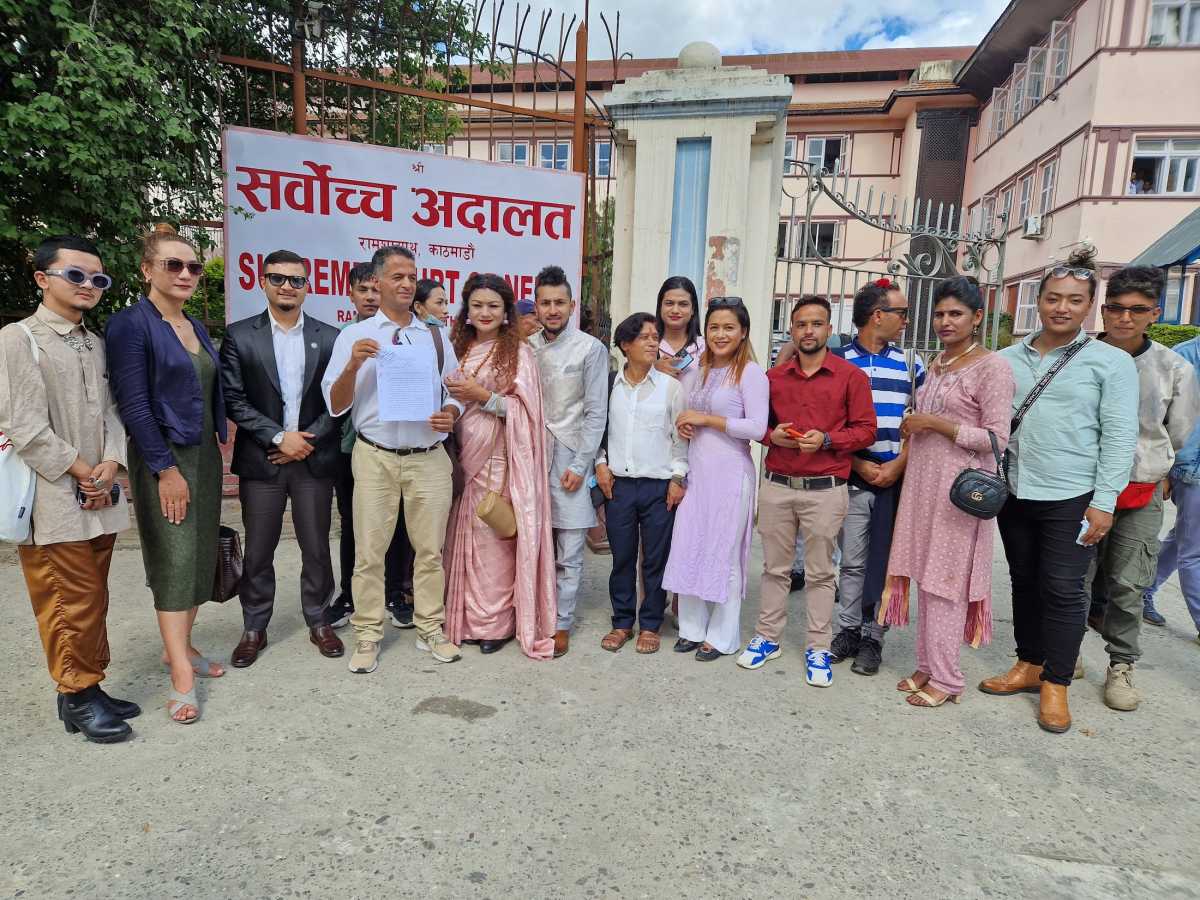Nepal’s Supreme Court late last month ordered the government to recognize marriage rights for LGBTQ couples and begin preparing formalized amendments to solidify changes to the law, making the South Asian country the latest — and second in Asia — to embrace marriage equality.
Sunil Babu Pant, a filmmaker, LGBTQI activist, and former member of Parliament who played a role in the litigation effort driving the court order, said in a press release that the Nepali Supreme Court advanced an interim order on June 28 to ensure a transitional mechanism towards marriage registration of same-sex couples and “other non traditional heterosexual couples.”
Nepal is looking to make changes to its Civil Code in order to allow for the registration and officiating of marriages regardless of gender identity and sexual orientation. However, while this process is still underway, the Supreme Court and the government are moving to establish a separate marriage register for couples of non-traditional gender identity and sexual orientation. These provisions will remain in place until the law is officially changed to suit marriage equality.
“This significant development follows a Public Interest Litigation (PIL) filed on June 7, 2023, by Pinky Gurung (current president of Blue Diamond Society) and eight other applicants representing the LGBTQIA community,” Pant, who founded the Blue Diamond Society, said in the press release. “The PIL sought equal recognition and rights for same-sex couples, highlighting the need for legal reforms to ensure the protection and inclusion of all citizens.”
Despite previous movements, litigation, and orders to amend (“or scrap”) discriminatory laws on marriage (which was previously defined as only justifiable and valid between a man and a woman), the Nepali Parliament has yet to make these changes.
“This is [a] very significant development, as same sex as well as third genders and their partners can register their marriages,” Pant noted. “They will [be] entitled [to the] same rights, [as] equal as heterosexual marriage couples. Parliament may take a while to pass the marriage equality law but this order gives a very practical solution to members of sexual and gender minority communities who wish to register their marriage legally.”
Marriage equality has been a slow grind in Asia, where Taiwan became the first country to achieve marriage equality in 2019. Last month, Thailand’s lawmakers took the first step towards approving legislation establishing same-sex unions, though those unions would not provide LGBTQ couples with all of the same rights as straight marriages.



































